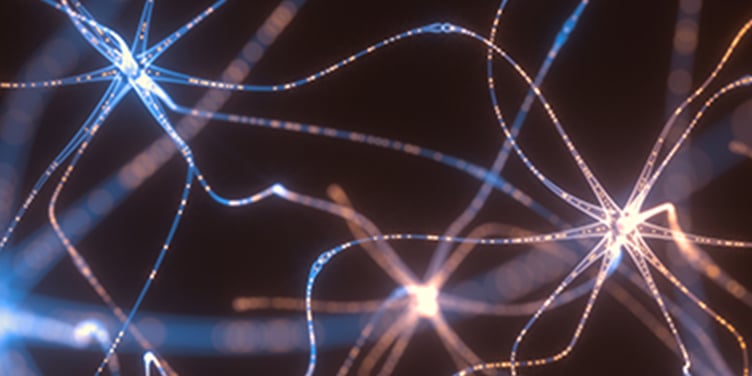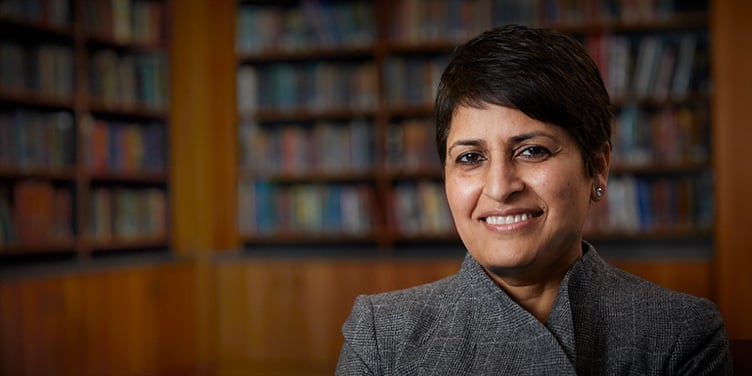Where I see patients (1)
Selected research
-
Association of Biomarkers of Neuronal Injury and Inflammation With Insomnia Trajectories After Traumatic Brain Injury: A TRACK-TBI Study.
Neurology
-
Human Anterior Insular Cortex Encodes Multiple Electrophysiological Representations of Anxiety-Related Behaviors.
bioRxiv : the preprint server for biology
-
Sleep Physiology and Neurocognition Among Adolescents With Attention-Deficit/Hyperactivity Disorder.
Journal of the American Academy of Child and Adolescent Psychiatry
Clinical trials
Closed-Loop Deep Brain Stimulation for Major Depression
Effect size of active compared to sham stimulation (mean difference in Montgomery Asberg Depression Rating Scale (MADRS) score before and after the sham and treatment periods). Higher MADRS score indicates more severe depression; ...
Recruiting
Contact me
- Request appointment
- Refer a patient
- (415) 353-2273







